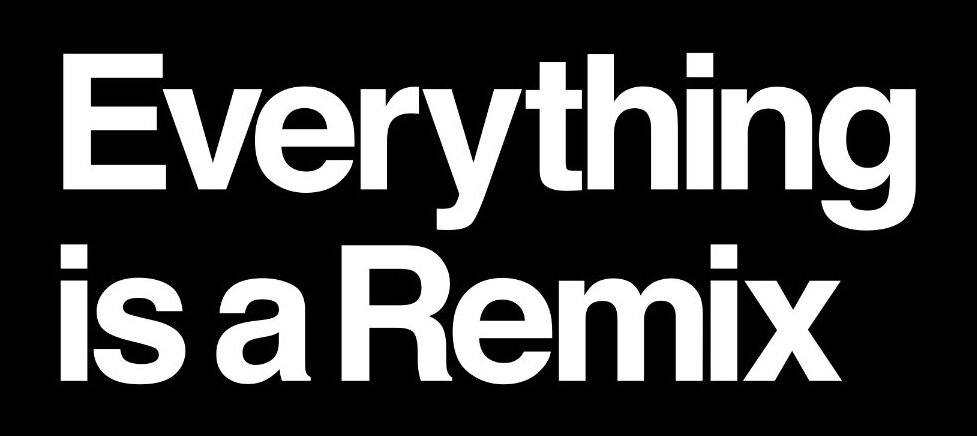Rip-offs: Immoral or Uninspired?
There are two ways the Everything is a Remix paradigm can backfire. The first is rip-offs.
What does it mean to rip-off?
To rip-off is copying too much from another artist or artists. The copying is not exact and the sources have been transformed enough that it’s not plagiarism.
The real issue is how recognizable the copying is. For instance, you don’t need to copy melodies or lyrics. If you copy the overall feel of another artist’s sound, that’s plenty.
Being a rip-off means you’re too derivative. You’re a clone, a knock-off, even uncreative. Being a rip-off can hurt your reputation in your creative field.
Coldplay were widely considered rip-offs by rock nerds (raises hand). Their early sound especially resembles a combination of U2, Radiohead, and perhaps Oasis.
However, lots of artists have a rip-off phase, especially when they’re young. Coldplay arguably developed a more distinct sound as they matured. Also, plenty of people loved this early music and didn’t care that it resembled other bands.
You might be in your rip-off phase right now. If you’re really into a creator, their voice might creep into yours without you even knowing it. Most people don’t rip off intentionally.
What qualifies as a rip-off is highly ambiguous. The look of the band Black Veil Brides was widely considered a rip-off of KISS. (I think they look more like Motley Crue.) For me, they’re clearly doing their version of 80s metal, but they changed it enough to make it theirs.
Being a rip-off is forgivable. You’re just being immature or perhaps mediocre or outright bad. To rip off is not outright immoral.
How to avoid being a rip-off
Find unusual sources of inspiration
Draw inspiration from outside your field
Merge innumerable influences
Transform your sources extensively
Connect sources that seem unrelated


